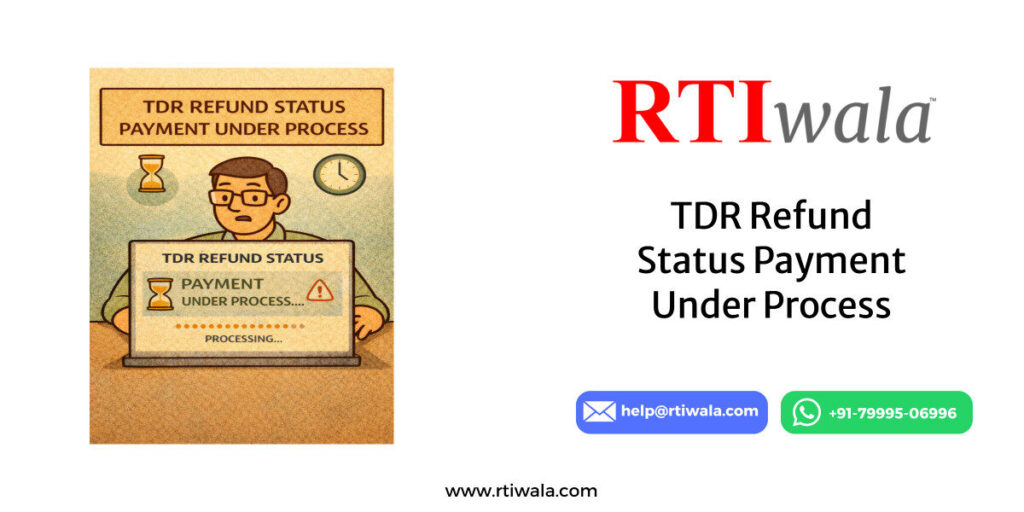Introduction
A Partnership Deed is a written agreement among partners outlining the terms and conditions governing their business relationship. It is essential for defining roles, responsibilities, profit-sharing ratios, and other critical aspects of a partnership. Drafting a well-structured partnership deed is crucial for ensuring smooth business operations and avoiding disputes. This article provides a detailed explanation of the format of a partnership deed, its importance, and key elements to include.
Importance How to Create a Partnership Deed
- Legal Proof: Acts as a legally binding document in case of disputes.
- Clarifies Roles: Defines responsibilities and roles of each partner.
- Profit Sharing: Establishes profit and loss sharing ratios among partners.
- Regulatory Compliance: Required for registration under the Indian Partnership Act, 1932.
- Avoids Disputes: Sets clear terms, reducing chances of misunderstandings.
Key Elements of a Partnership Deed
A standard partnership deed includes the following details:
- Name and Address of the Firm
- The official name and registered address of the partnership firm.
- Details of Partners
- Full names, addresses, and other identification details of all partners.
- Nature of Business
- A clear description of the business activities undertaken by the partnership.
- Duration of Partnership
- Whether the partnership is formed for a specific period, project, or indefinite time.
- Capital Contribution
- The amount of capital contributed by each partner.
- Profit and Loss Sharing Ratio
- The percentage of profits and losses each partner will share.
- Rights and Duties of Partners
- Specific responsibilities and decision-making authority assigned to each partner.
- Interest on Capital and Loans
- The rate of interest applicable on capital contributions or loans given by partners.
- Remuneration to Partners
- Details of salaries, commissions, or other benefits provided to partners.
- Admission and Retirement of Partners
- Procedures for admitting new partners or retiring existing ones.
- Dispute Resolution Mechanism
- Methods for resolving disputes, such as arbitration or mediation.
- Dissolution Clause
- Conditions under which the partnership will be dissolved.
- Miscellaneous Clauses
- Other agreed-upon terms, such as non-compete clauses, indemnity clauses, etc.
Format of a Draft Partnership Deed
Below is a sample format of a partnership deed:
DRAFT PARTNERSHIP DEED
This Partnership Deed is made and entered into on this ___ day of _, 20, at [City], by and among:
- [Name of Partner 1], S/o [Parent’s Name], residing at [Address], hereinafter referred to as the “First Partner.”
- [Name of Partner 2], S/o [Parent’s Name], residing at [Address], hereinafter referred to as the “Second Partner.”
…
WHEREAS:
The parties have mutually agreed to form a partnership under the terms and conditions set forth in this deed.
1. Name and Address of the Firm
The name of the partnership firm shall be [Name of the Firm], and the registered office shall be located at [Address].
2. Nature of Business
The firm shall engage in the business of [Description of Business Activities].
3. Duration
The partnership shall commence from the date of this deed and continue until terminated as per the terms herein.
4. Capital Contribution
Each partner shall contribute the following capital:
- [Partner 1]: ₹[Amount]
- [Partner 2]: ₹[Amount]
5. Profit and Loss Sharing
The profits and losses of the firm shall be shared in the following ratio:
- [Partner 1]: [Percentage]%
- [Partner 2]: [Percentage]%
6. Rights and Duties of Partners
Each partner shall actively participate in the management of the firm, subject to the terms of this deed.
7. Interest on Capital and Loans
Interest at the rate of [Rate]% per annum shall be payable on capital contributions.
8. Partner Remuneration
Partners shall be entitled to a monthly remuneration of ₹[Amount], subject to the firm’s profitability.
9. Admission, Retirement, and Expulsion of Partners
- New partners may be admitted only with the consent of all existing partners.
- Retiring partners must give [Notice Period] months’ notice in writing.
10. Dispute Resolution
Any disputes arising out of this partnership deed shall be resolved through [Arbitration/Mediation], as per the Arbitration and Conciliation Act, 1996.
11. Dissolution
The partnership may be dissolved by mutual consent or as per the provisions of the Indian Partnership Act, 1932.
12. Miscellaneous Clauses
- The accounts of the firm shall be audited annually.
- No partner shall engage in competing businesses without prior consent.
IN WITNESS WHEREOF, the partners have signed this deed on the day and year first mentioned above.
Signed By:
- [Partner 1 Signature]
- [Partner 2 Signature]
Witnesses:
- [Witness 1 Name and Signature]
- [Witness 2 Name and Signature]
Registration of How to Create a Partnership Deed
While registration of a partnership firm is optional under the Indian Partnership Act, 1932, it is highly recommended to:
- Gain legal recognition.
- Enable the firm to file suits against third parties.
- Protect the interests of all partners.
Role of RTI in Partnership Deed-Related Matters
The Right to Information (RTI) Act can help resolve disputes or obtain clarity regarding partnership firms.
- Verify Registration Details
- File RTI to check the registration status of a partnership firm.
- Access Government Records
- Request details about compliance or legal actions taken against a firm.
- Seek Clarifications on Laws
- Use RTI to understand legal requirements for partnership deeds in specific jurisdictions.
How RTIwala Can Help
If you face challenges with drafting, registering, or verifying a partnership deed, RTIwala offers expert assistance:
- File RTI Online: Obtain information about partnership registration and compliance.
- Anonymous RTI: Protect your identity while addressing sensitive legal matters.
- Custom Drafting: Get professionally crafted RTI applications tailored to your concerns.
- Follow-Up Support: Ensure timely responses from authorities.
RTIwala Service Promotion
Simplify your legal queries with RTIwala trusted services:
- Expert Consultation: Personalized advice on partnership deeds and compliance.
- Online RTI: File RTI for partnership firm details or disputes.
- Anonymous RTI: Address concerns while maintaining confidentiality.
- Custom Drafting: Tailored RTI applications for effective outcomes.
- Products: Explore RTIwala’s legal solutions.






















































